KOLAMBUGAN, Lanao del Norte – World Bank and Asian Development Bank (ADB) meets with the Department of Social Welfare and Development (DSWD) to discuss on-going and future capacity building activities for the Kapit Bisig Laban sa Kahirapan Comprehensive and Integrated Delivery of Social Services – National Community Driven Development (Kalahi CIDSS-NCDDP) staff in the region, particularly in Kolambugan, April 27-28, 2016.
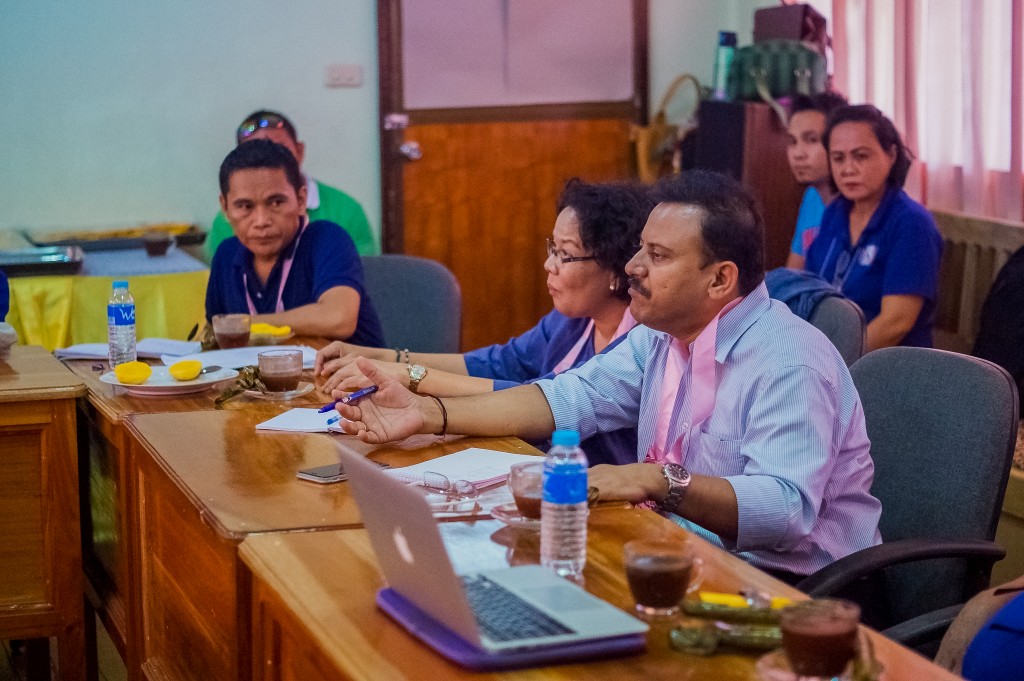
World Bank representatives Ms Corrine Canlas, Mr Manoj Kumar Nath, Ms Sophie Grumelard and Ms Marife Bacate, ADB represented by Mr Ameludin P. Bualan along with Kalahi-CIDSS Island Cluster Manager Ms Elise Sogo-an facilitated several Focus Group Discussions (FGDs) with the Kalahi-CIDSS Area Coordinating Team (ACT), Municipal Coordinating Team (MCT), and Municipal Inter Agency Committee (MIAC) members of Kolambugan in the town’s session hall. The second session held in Pearlmont Hotel, Cagayan de Oro City facilitated FGDs with regards to the implementation of the capacity building efforts by the Kalahi-CIDSS regional staff and the status of the peace lens endeavors in the province of Lanao del Norte. Trainings are facilitated for capacity building so that volunteers will be better able to contribute to their country’s development goals.
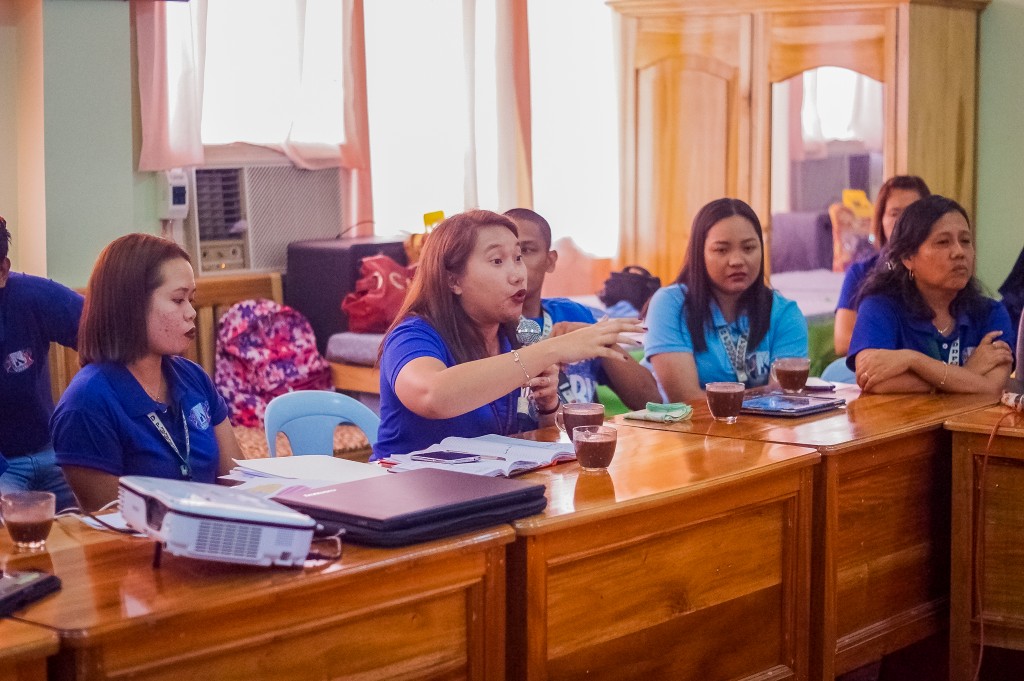
Kalahi-CIDSS aims to empower communities through participation in decision-making in ways that will improve their skills, strengthen their sense of responsibility and human dignity, to use community projects as a vehicle to promote representation, accountability and reduce poverty, and to strengthen the linkage between communities and their local government units.
Kolambugan Mayor Lorenzo V. Mañigos said “Kalahi-CIDSS paved the way towards empowering local communities, improving local governance, and reducing poverty. The amazing achievement brought about by Kalahi-CIDSS in every municipality, especially Kolambugan, is a great evidence of the principle of community driven development, the involvement, cooperation, teamwork and most of all volunteerism. I optimistically dream that regardless of educational background – once a community resident is given the chance to develop their potential through capacity building that certain person will bloom and will give his best to become a useful member of the community where he belongs, because learning leads to empowerment.”
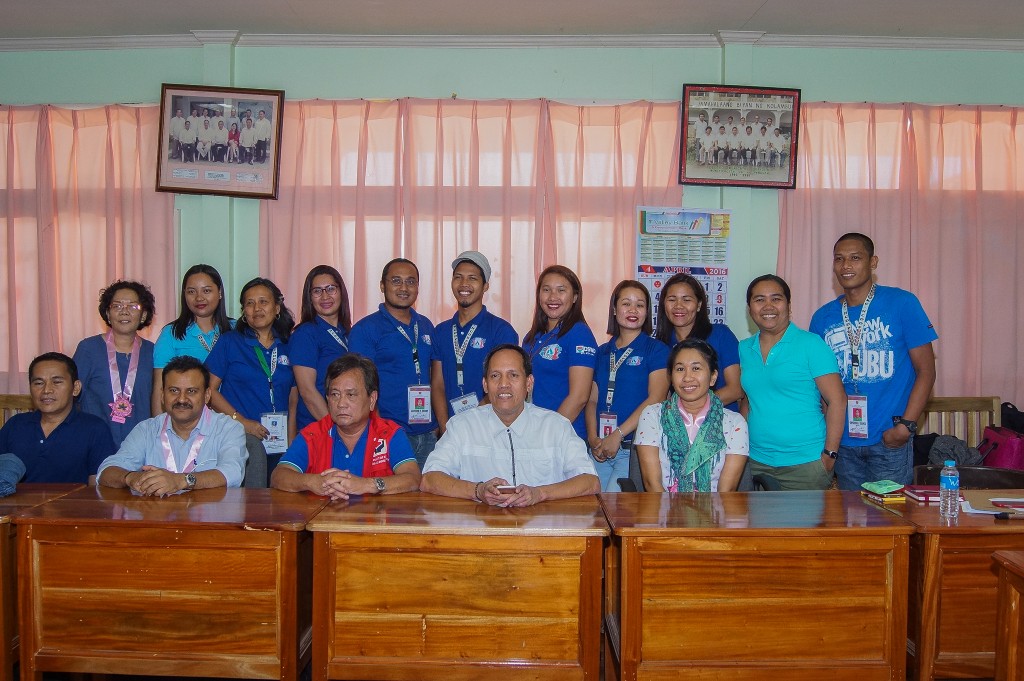
To achieve sustainable growth and poverty reduction in developing countries, the World Bank commits resources to building stronger institutions and organizations in client countries. World Bank helps build capacity through a variety of means, including technical assistance, studies, equipment, and training.
The World Bank believes that individuals need trainings so that they are better able to contribute to their country’s development goals. One of the World Bank’s goals by 2030 is to end extreme poverty by decreasing the percentage of people living on less than $1.90 a day to no more than 3%. The World Bank is a vital source of financial and technical assistance to developing countries around the world.
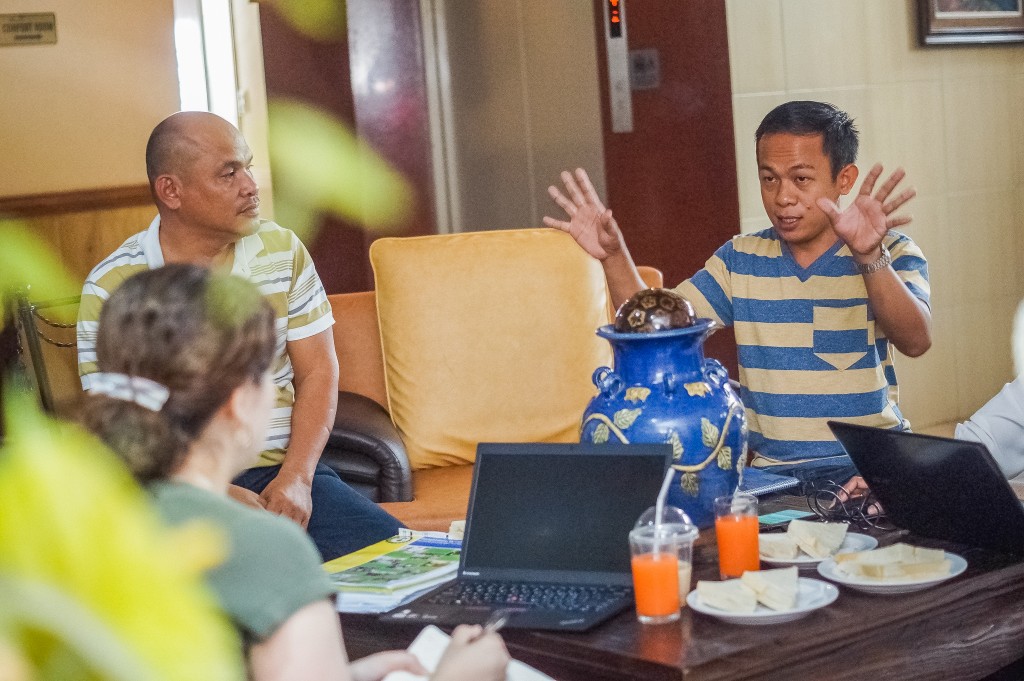
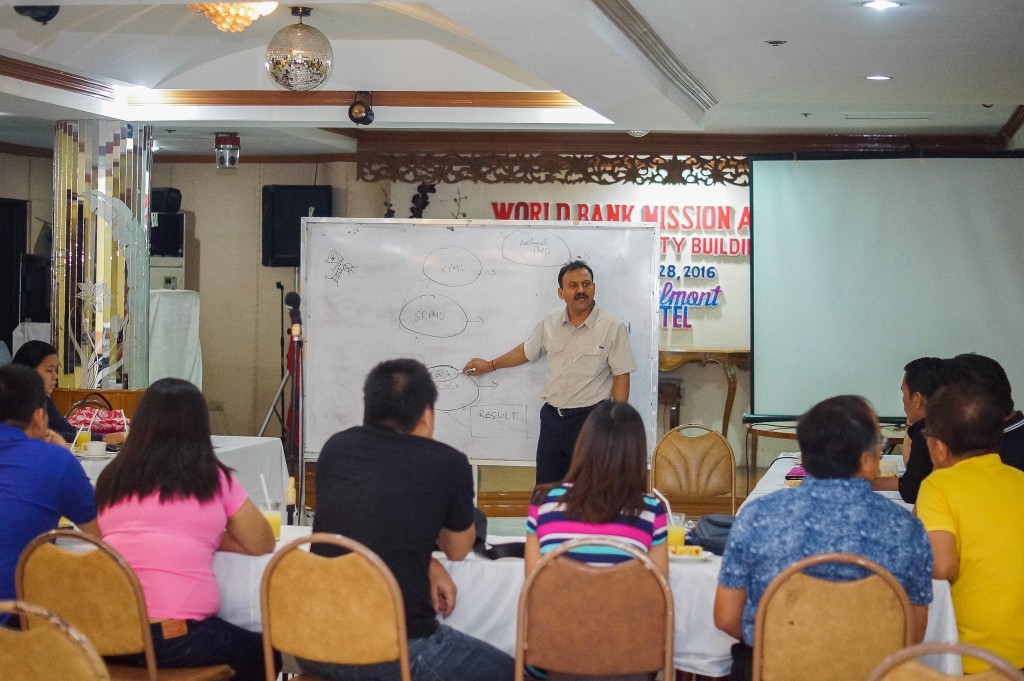
On the other hand, the Asian Development Bank (ADB) specifically aims for an Asia and Pacific free from poverty. ADB in partners with member governments, independent specialists and other financial institutions and is focused on delivering projects in developing member countries that create economic and development impact.
The DSWD Kalahi CIDSS – NCDDP in the Philippines is the prime mover of Community-Driven Development which refers to an emerging approach in community development practice where processes, principles, strategies and resources are applied to ensure community empowerment by giving the people authority and control over decisions and resources.
Written by Shaun Alejandrae Yap Uy, DSWD


